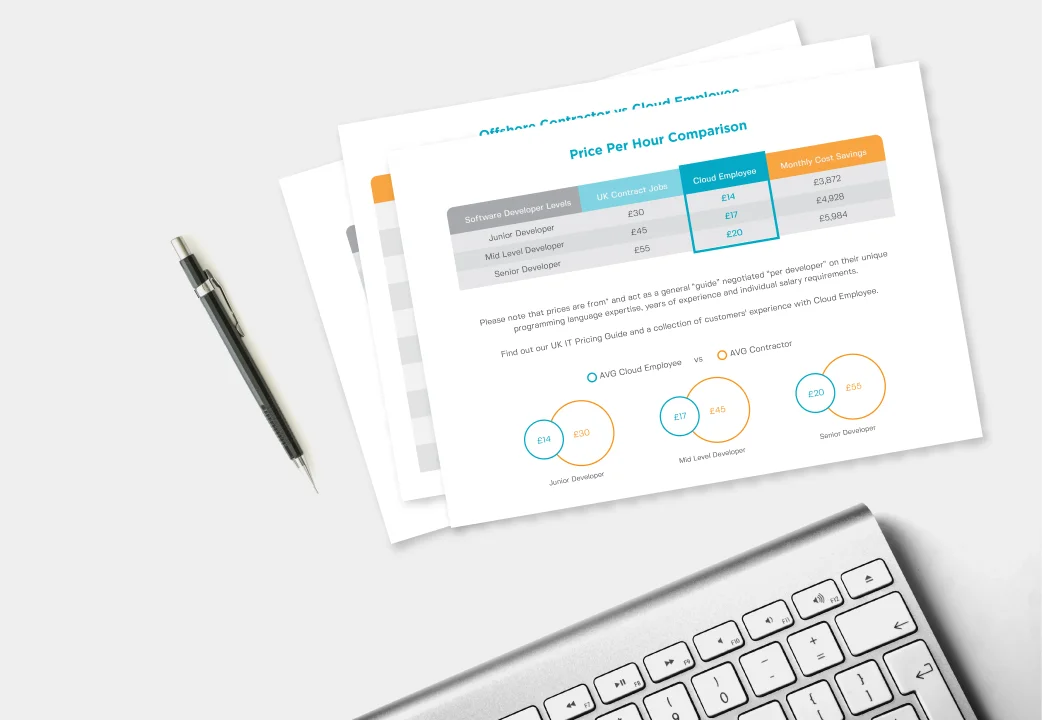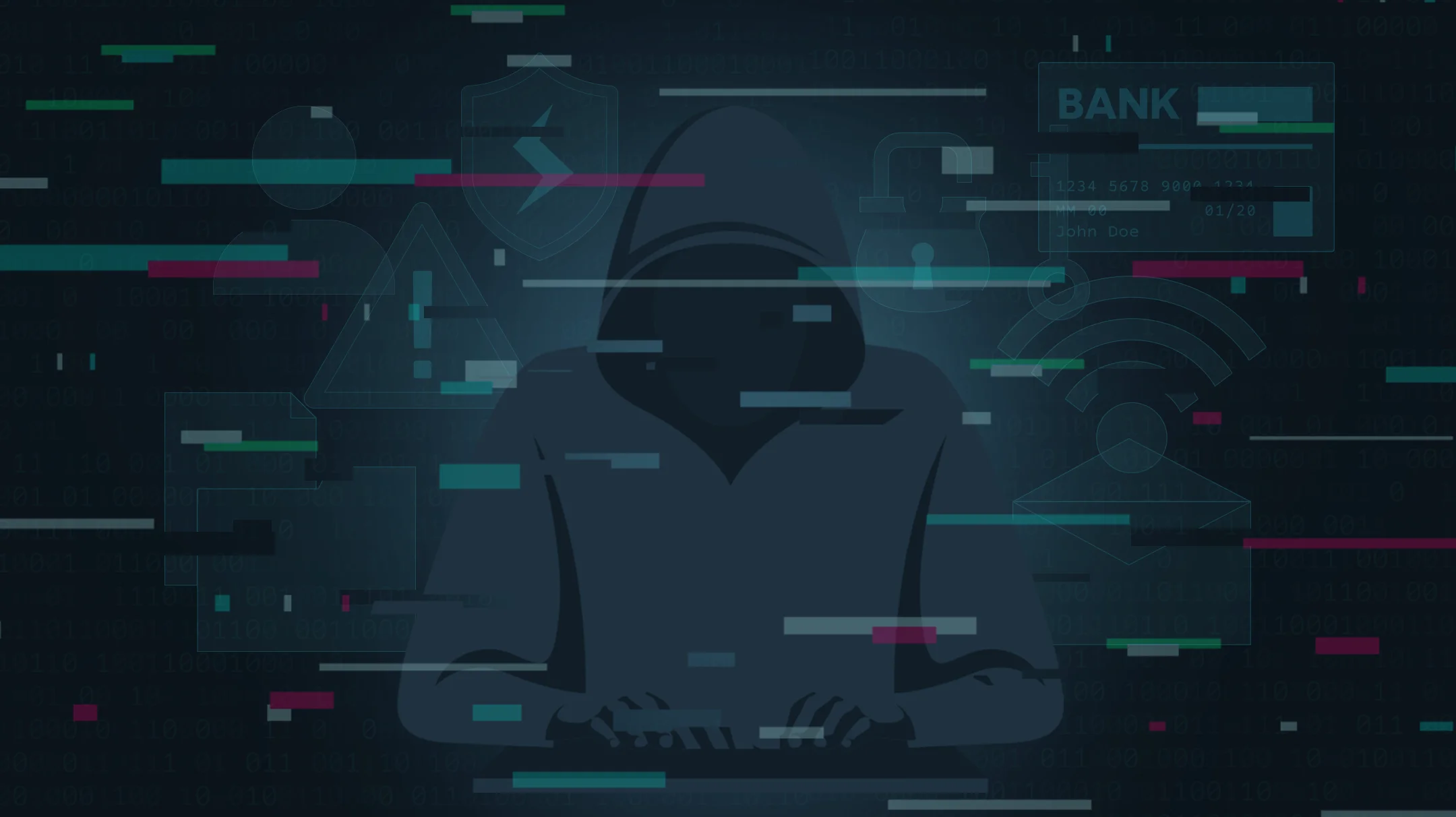With cybercrime on the rise—we can all agree that the internet has become an even more dangerous place. To prevent being subjected to any cyber-attacks, you can follow a few online safety tips and keep your digital data secure as a result.
According to a 2019 Global Market Insights, Inc. report, the cybersecurity market is expected to grow from $120 billion in 2017 to $300 billion by the year 2024. With this, many businesses and government administrations have realised the dangers of cyber-attacks and have made lump sum investments towards securing their online information.
Similarly, founder and editor-in-chief at Cybersecurity Ventures Steve Morgan predict that the demand for data security will reach $10 billion in the year 2027.
With over 2 million cyber incidents in 2018 estimated by the Online Trust Alliance (OTA), it’s no surprise that there has been a continuous rise in online safety awareness globally.
Before we discuss ways and methods on how to protect yourself from the evils that lurk around the internet, here are a couple of cybercrimes you should be aware of.
Related: Cybersecurity Readiness in the 21st Century
Phishing
Phishing is one of the most common ways computer hackers catch their bait. They do this by tricking unsuspecting users (like yourself) into doing something they usually wouldn’t do, like clicking on a malicious URL or email attachment.
Upon clicking, hackers gain immediate access to your login credentials and information which can be used to access your emails and financial accounts, among others.
Why should you be on high alert when it comes to phishing attacks? At an alarming rate, around 1.5 million new phishing sites are created each month according to anti-virus software company Webroot.
In fact, in a 2019 analysis by IBM, the average cost of a data security breach is $3.86 million, with 90% coming from phishing incidents. As such, coming across a malicious link or email is more often than you think.
Related: 7 Smart Tips for a Safe Holiday Online Shopping
Ransomware
One thing you should know about cybercrimes like ransomware is that they can work hand-in-hand with phishing to dupe netizens with a malicious link or file.
Ransomware is a subset of malware (malicious software) that commonly preys on online users’ financial information and then installs keyloggers or system monitors (surveillance tech) onto the user’s computer, giving them full access to their computer.
In Symantec’s Internet Security Threat report, countries with a bigger internet-connected population have a more thorough process for detecting ransomware. The US is on top of the list, receiving 18.2% of all ransomware attacks.
Once ransomware infects your computer system, it can quickly encrypt your files and applications, or even lock you out of your computer until a ransom is paid. Depending on the target, ransoms can range from hundreds to millions of dollars, and such transactions commonly come in the form of cryptocurrencies like Bitcoin.
Ransomware has risen throughout the years, making headlines for its recent attacks on businesses.
Related: Online Tech Startup Courses to Jump Start Your Business
Identity Theft
Identity theft is one of the most disruptive and damaging things hackers can do to a person today. With a person’s information, hackers can do all kinds of things such as seizing all financial control: hijacking your banking information and hard-earned savings, and even applying for loans.
Unfortunately, cybercriminals can easily get access to your personal information online. In fact, according to Javelin Strategy’s recent Identity Fraud study, almost a decade’s worth of data in the US was stolen between the years 2008 to 2019, with over 9,600 thefts reported.
Since personal data can quickly be taken and misused, netizens ought to take certain precautions when sharing their personal information online. Scarily enough, all a hacker needs to get access to your identity is a few bits of personal information about you to convince a bank or customer service representatives that they’re you.
Follow these online safety tips to keep hackers out of your life:
Tip #1: Be smart about your passwords
Although this first tip is common knowledge amongst internet users today, many are still easily broken into through their passwords. According to CNN, researchers found that breaches have exposed over 1.9 billion usernames and passwords in just a year.
A common mistake that many netizens tend to do is reuse their passwords on multiple platforms. It doesn’t matter how complicated or lengthy the password is; once it gets cracked, all access to your information will automatically be seized.
Pro tips:
- Manage multiple passwords across different platforms
- Have strong hard-to-crack passwords
- Passwords must have:
- Minimum of 8 characters
- Upper and lower case letters
- Symbols
Tip #2: Try not to be an open book online
Be more conscious of the amount of information that you share online. According to Javelin Strategy, individuals with active social media is 30% more likely to be fraud victims due to the amount of exposure that they have online.
As mentioned earlier, digital criminals can easily take over your finances by gathering bits of your personal information. Little things like where you went to middle school or your grandmother’s name can help hackers take over your bank account.
Pro tip:
- Make sure that your privacy settings are always on across all your platforms. This ensures that there is less information out there for strangers to see.
Tip #3: Burst your online filter bubble
Another useful tip to protect your data is to get out of the online filter you were subjected to. Believe it or not, ‘they’ are always watching and tracking every single activity you do on your socials.
Filter bubbles are created based on your searches on the internet. In every link or site you visit, algorithms will be used to promote the same ‘type’ of information onto your social feed.
Here’s a basic example: when you search for flight tickets to Germany, a series of ‘trip to Germany’ ads will show up on your feed the next time you open your social media. The algorithms from sites like Facebook and Twitter guess what type of information appeals to you based on your search history.
From this explanation, you might think that these algorithms are harmless. However, activist Eli Pariser suggests that being subjected to filtered information can be a huge problem as these filtered algorithms are often biased. In Pariser’s 2011 TED talk, he describes filtered bubbles as ‘your own personal, unique universe of information that you live in online’.
Pariser raises the concerning issue of living in a filtered bubble and says that it can lead to users being ignorant of valuable information that has been edited out. People are only shown the side of the conversation that they already know and are sheltered from the other side. In turn, this can make us less critical and a lot more susceptible to fake news and scams.
Now, you might think, how does cybercrime threaten your filtered algorithms? Your algorithm is valuable information, and any bit of data can be used against you.
Pro tips:
- Get rid of your search history regularly.
- Turn off targetted ads on your browser. Google Chrome’s “Keep Your Opt-Outs” extension and Firefox’s “Do Not Track” option along with other browsers provides this feature.
- Use a VPN (Virtual Private Network), especially when you’re online in public.
As we continuously increase our usage of smart devices, we can become bait for online attacks. Instead of fearing the internet, you can create a safe space online for yourself with these online safety tips.
Need to develop secure websites and applications? We’ve got the right people for you! Hire highly skilled tech talents with us to grow your operations! Learn how Cloud Employee works, see our Pricing Guide, or talk to us. You can also hire dedicated offshore developers with us across many technologies.
Hire A Developer Now!
Featured Article

How to Become a High-Performing Developer

CSS grid vs. Flexbox: which to use when?

Download Our Developer Pricing Guide
We did an analysis on the difference between western and Philippines developer salaries. Uk, USA and Australia pricing comparisons available.
Download